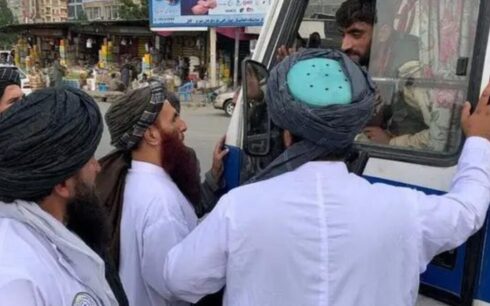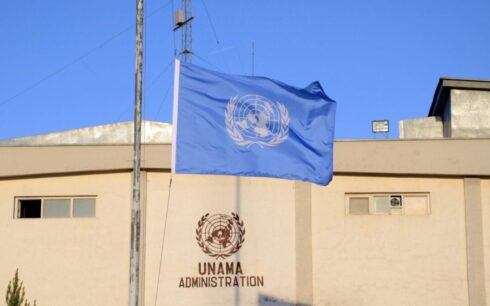Washington’s special envoy for Afghanistan Thomas West said Wednesday that the group the US was most worried about in Afghanistan was ISIS-K (Daesh).
In a discussion with Washington-based think tank, the Stimson Center, he said the Taliban has an aggressive policy towards Daesh in the country and has since early this year removed at least eight key Daesh leaders. The Taliban has a “very aggressive, violent offensive ongoing that has significantly degraded ISKP capabilities.”
He said that as a result of the Taliban’s offensive, there has been a steady decrease in attacks by Daesh in Afghanistan.
West stated that the current humanitarian crisis in the country was “truly devastating” and noted that 97 percent of the people in the country live in poverty. There are however some signs of macro-economic stability but these gains “are not trickling down in a meaningful and largescale way to the population.”
He also highlighted the UN’s funding shortfall to continue providing aid to the people. One of the reasons for this was the Taliban’s policies “are giving donors pause, they are not sure that humanitarian assistance can be delivered consistent with principles.”
West went on to highlight the human rights crisis in the country, especially edicts targeting women and girls.
He said it was necessary for the Taliban to establish a more inclusive political system and guarantee women’s rights to education and work as two additional conditions for normal relations with the international community.
Without going into detail, he said there were “multiple Americans” in Taliban custody, although four had recently been released. The US continues to engage with the Taliban on securing the release of the others.
He said the US continues to engage with the Taliban on various issues although there was a period where they did not hold talks with the de facto authorities. There is a team of US diplomats based in Doha who are in regular touch with the Taliban officials based in Qatar.
In his discussion, West said the Taliban’s quest for normalization of relations with the international community, which includes relief from terrorism sanctions and the release of Afghan financial assets, faces significant obstacles due to the regime’s oppressive policies toward women, ongoing security threats, and the group’s failure to form an inclusive government.
He underscored the reasons behind the diplomatic standoff and said: “Steps toward normalization, I think, are not going to be possible. And I think there will remain remarkable unity among the international community until and unless we see a significant change in their [Taliban] treatment of the population.”
He stated that Washington was not leading the global consensus for nonrecognition but had a set of conditions that are unfulfilled by the Taliban.
West also said meaningful reforms and changes in the war-ravaged nation should originate from within Afghanistan rather than being imposed through external pressure.
“If a change has to occur on allowing women to return to secondary schools, girls’ secondary schools, and then to university, it’s going to come from inside the country. It is not going to come because I asked for it. … It will be an internal matter,” he said.
West acknowledged the role played by several Muslim countries, including Qatar and Indonesia, as well as the Organization for Islamic Cooperation (OIC), in engaging the Taliban on women’s rights issues.
“The Taliban understand that they need to fulfill their security commitments in order to protect their own sovereignty. So, they don’t want the United States to take action on Afghan soil,” said West.





